Interior designer Meredith Sherrill‘s spaces have an ethereal quality that evokes a sense of escape and calm. These dreamy backdrops are peppered with touches of Old World antiques, natural surfaces, arresting found objects, striking modern art and textures that all have the rough-hewn charm of something made by hand, lending an inviting and personal touch to each otherwise immaculate space. In her work, the only thing that she loves more than the beauty of design is the functionality — making a floor plan perfectly meet the functional needs of each client. We are delighted to introduce Meredith as today’s Interior Designer Crush. We asked her to describe her design aesthetic, tell us about her design inspiration and give us a glimpse of her stunning portfolio. We hope you enjoy!

What is your design aesthetic and how do you translate that to a client’s home?
I have always been drawn to the ancient Japanese aesthetic of Wabi Sabi, which is basically the art and appreciation of all things imperfect, impermanent and incomplete. I think that translates into my designs through the use of natural materials, subdued color schemes, simplicity in form and function of spaces. I also love to throw in a quirky asymmetrical element in order to offset the “perfection” of an otherwise symmetrical space.
Where are your favorite local spots to source decor for a client’s home?
We can get locally sourced Alabama marble for kitchen and bathroom countertops and reclaimed elements such as oak or cypress for flooring, cabinetry and more. Birmingham is also lucky to have several talented artisans, with whom I work to produce custom furnishings for my clients, including wood, steel, glass and upholstered pieces. I source furniture, art and accessories from local shops like Circa, Maison, Design Supply, Roman Brantley, Hiltz-Lauber and Paige Albright. And I enjoy digging through the stone antiquities piled up in and around The Garage.

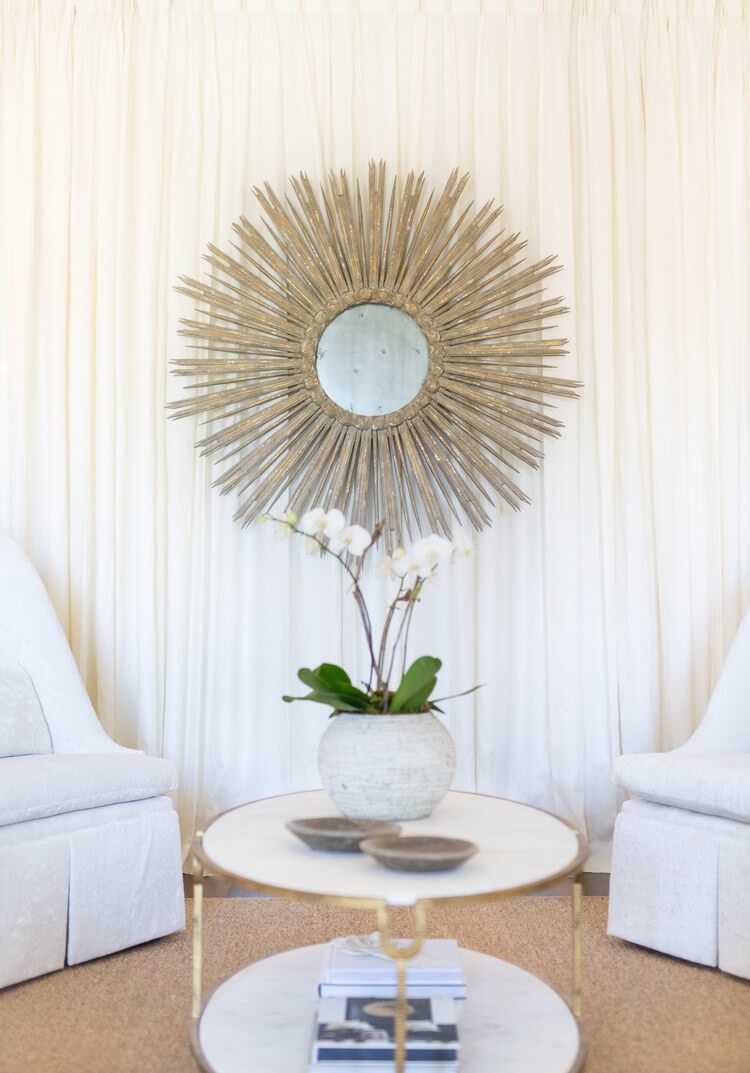

RELATED: 14 of the Coolest Office Spaces in the Magic City

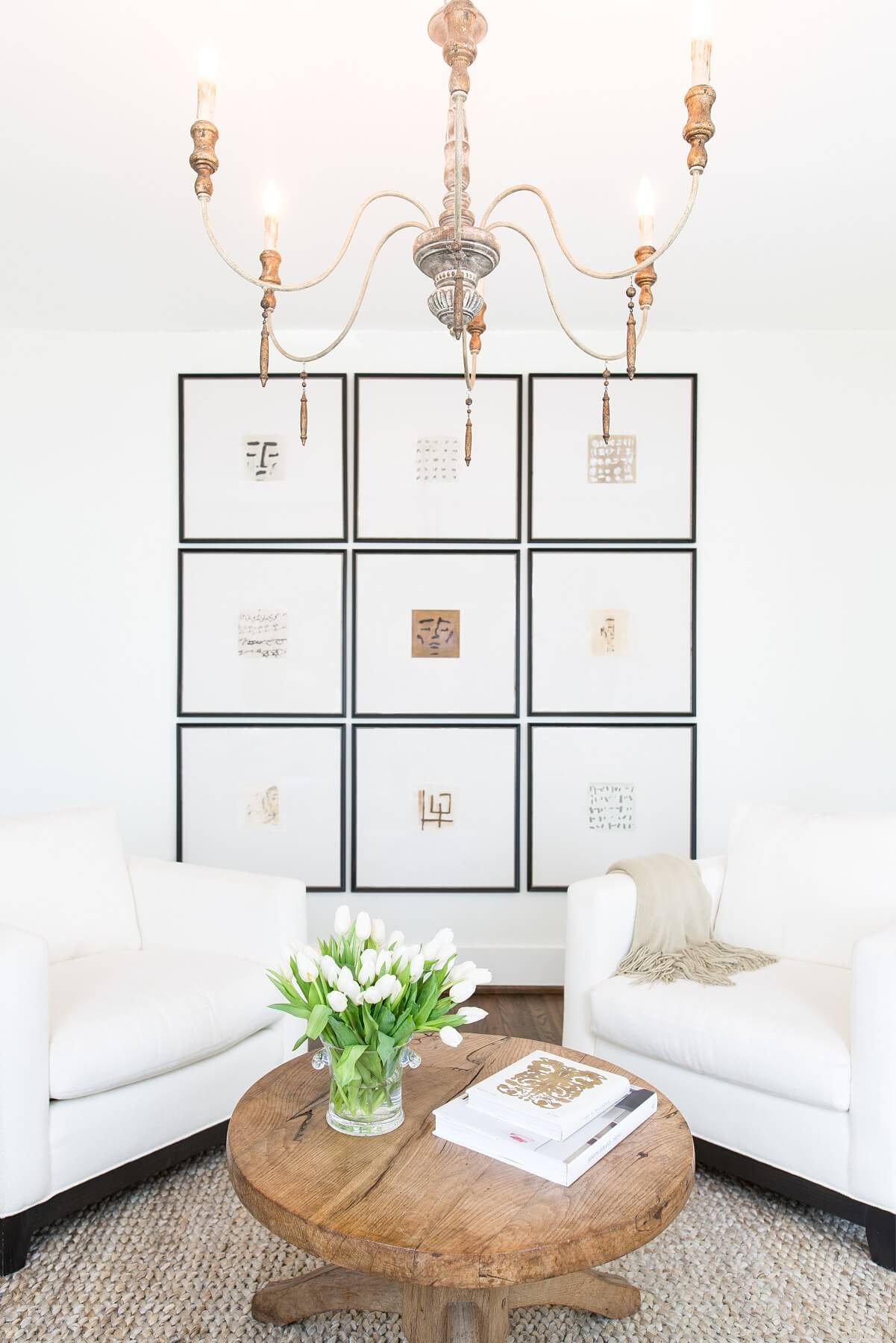
Are there any trends you’re loving at the moment, and, alternately, any timeless aspects of design that you cling to?
I guess the current trend of minimal spaces with natural elements is one I will probably always gravitate toward. Brass fixtures are also very popular right now, but I think if used in the correct way — solid, unlaquered brass in traditional forms — this is something that is timeless and will always be stylish. I cling to classical design elements in terms of the architecture of a space. I think if you get the bones right with scale, proportion, balance and symmetry, then you have more room to play around with the soft furnishings.
What has been your most challenging project to date and why?
Each project has its own set of challenges by nature of the fact that the construction and design processes involve lots of moving parts and people. But I would say the best kinds of challenges are those brought on by collaborating on the homes of other right-brained people. Whether it be a painter, chef or photographer, I am pushed to think outside of the box and stretch my creative boundaries a bit further when someone is looking for more than just the status quo in their living situation.



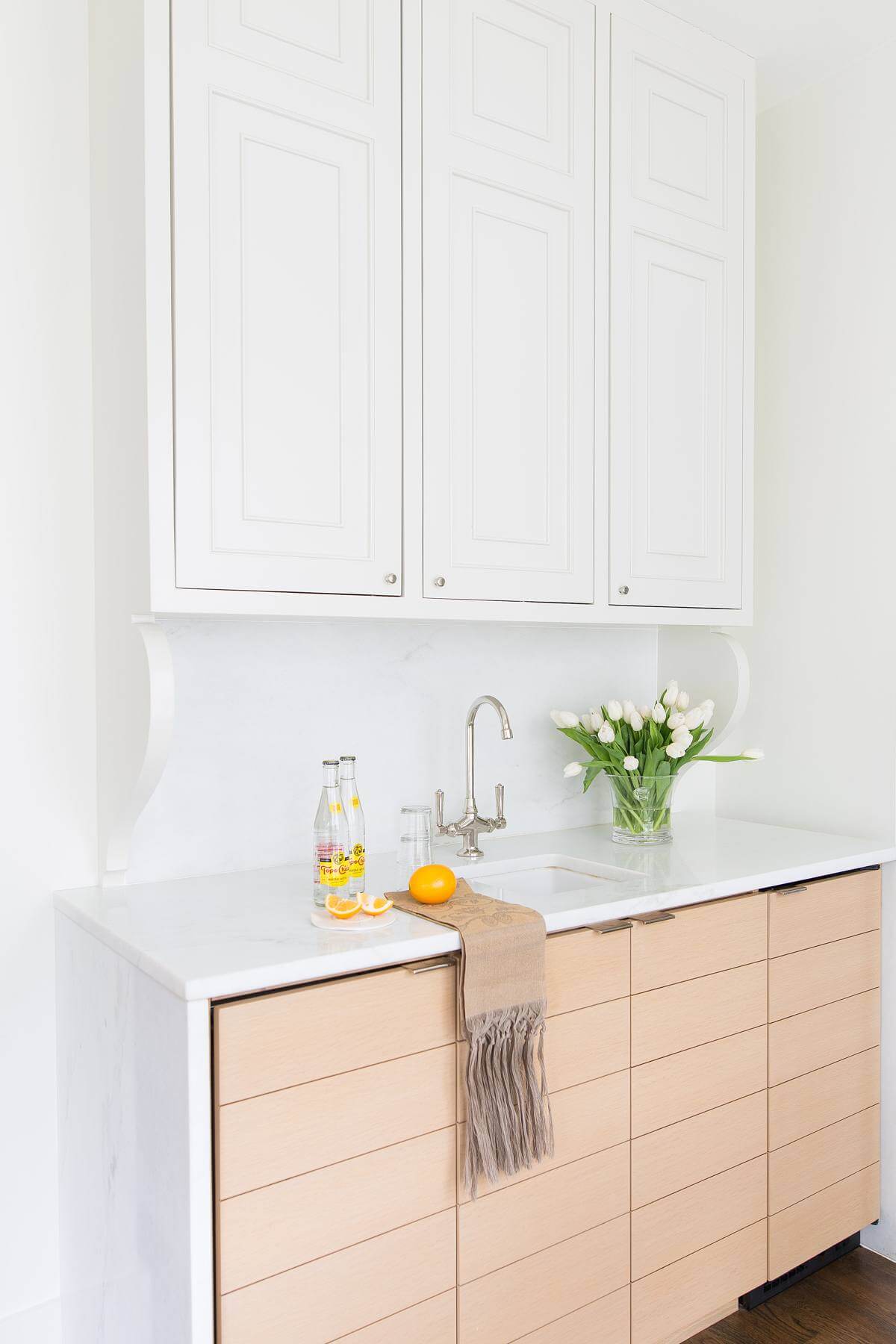

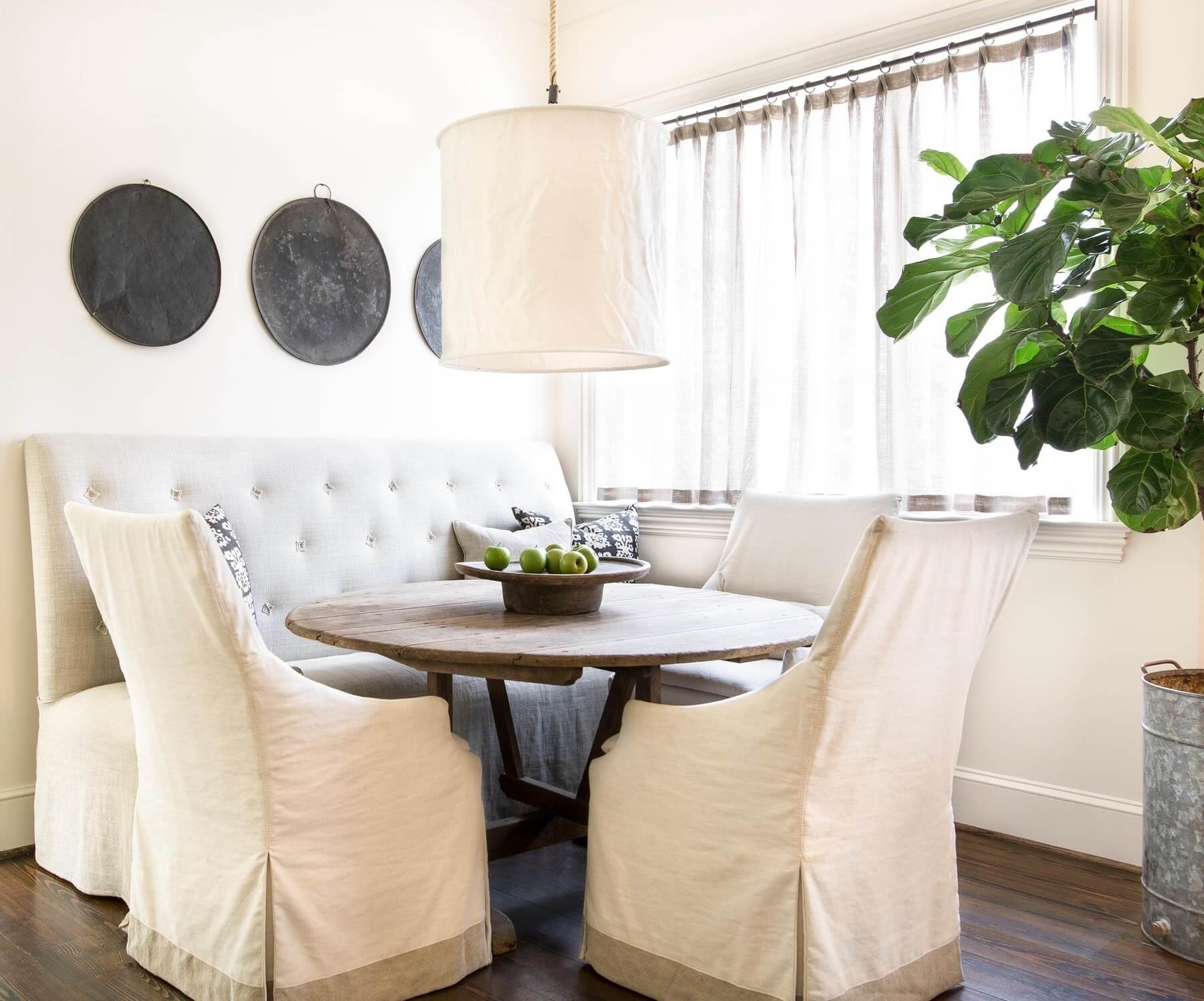
What brings you the most professional joy?
It obviously gives me great joy when a client feels happy and comfortable in their finished home, as that would really be the end goal of all of my designs — spaces that live well. It might be silly, but I also get a lot of satisfaction out of space planning. That is one reason why I enjoy being involved in renovations of existing homes. Reimagining a dysfunctional floor plan can sometimes be tricky, but when I sit down and draw and a new space comes together on paper, it feels like I have solved a puzzle that needed solving. And that makes me happy.
How does Birmingham’s design scene differ from the rest of the country?
I have lived in other more cosmopolitan cities, but I really think Birmingham is in the top tier of places rich with architectural treasures. Especially in the residential realm, we are lucky here to have such a depth of wonderfully constructed homes, both of new and old designs. If I’m ever struggling to figure out what direction I want to take a home, I can just drive around in my car and study great examples of all different classical architectural styles. There is something to being able to drive right up to a building and study the scale and the details in real life, which can’t quite be conveyed via a picture online or in a book.
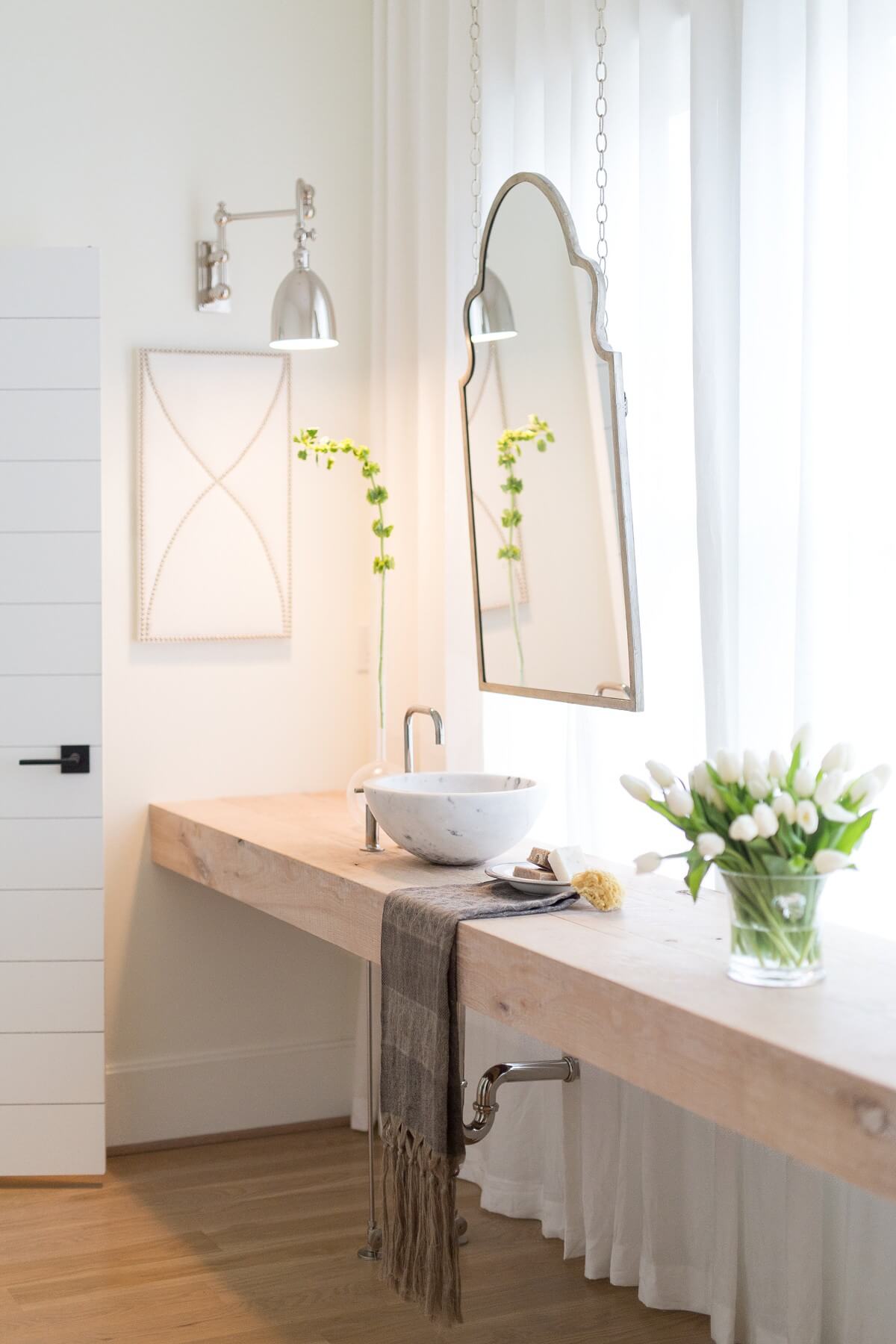

RELATED: 5 Amazing Master Bathrooms, Each Different — and Exquisite!
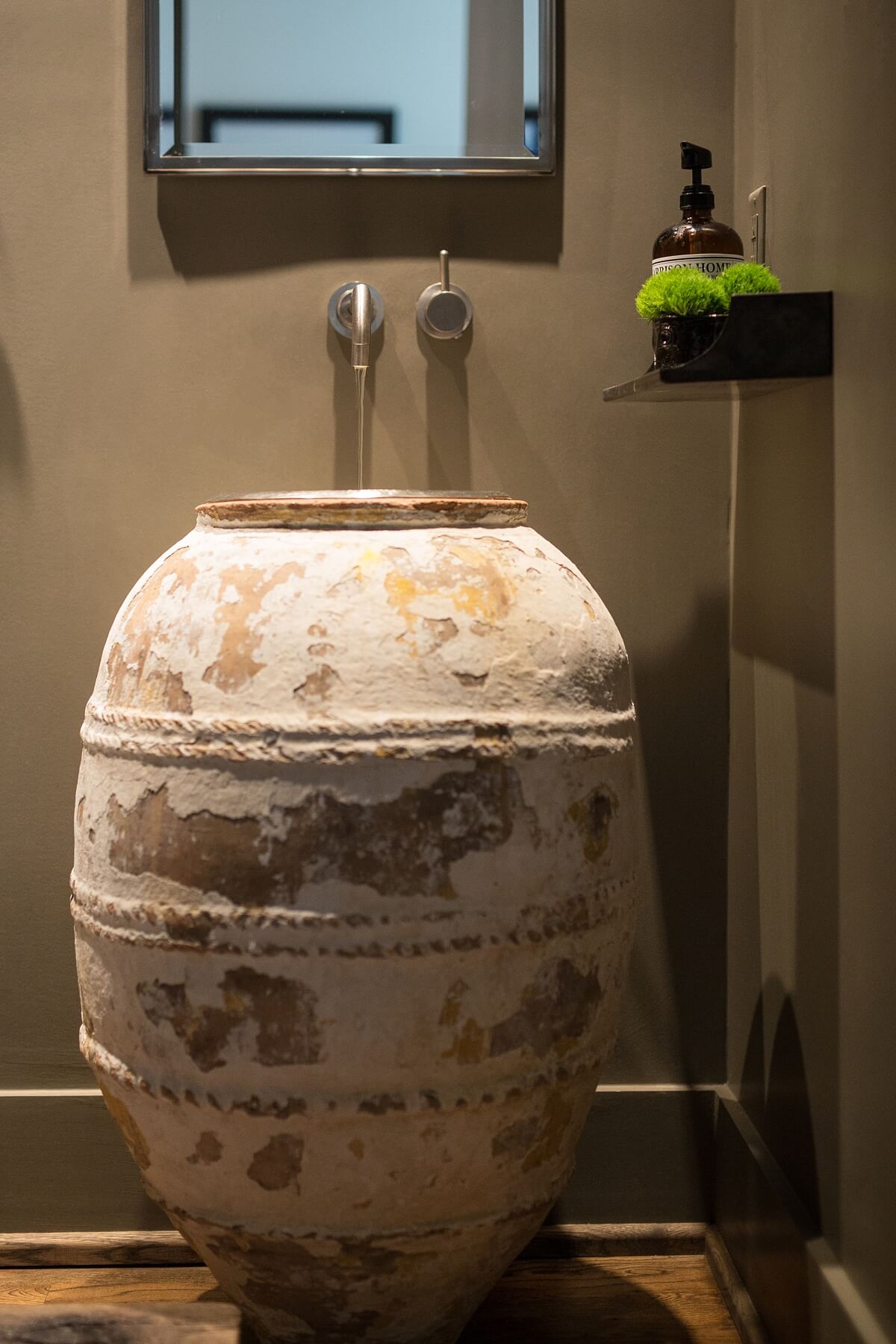

Where do you get your inspiration?
Like I mentioned before, I get a lot of inspiration from artists and other creative people who nudge me to take a look at a project from a different angle than I may have before. Also, it is a cliché, but I get most of my inspiration from travel. I glean so many details while visiting other places — it could be a shutter color in France or a light fixture in a shop in New York or the type of basket on a café counter at the beach — it’s all inspiring.
Who have been your industry mentors and role models and why?
After design school, I got my start here in Birmingham with architects Paul Bates and Jeremy Corkern at Bates Corkern Studio. I learned so much being able to work under such talented architects during my years there. Before that, I had an irreplaceable internship at the design firm McAlpine Booth and Ferrier (now McAlpine) in Nashville. Bobby McAlpine and Ray Booth really opened my eyes to the importance of attention to detail, among countless other things.
If you could squeeze your design philosophy into five words, what would they be?
Clean. Comfortable. Functional. Lovely. Intriguing.
Thank you, Meredith, for sharing your insights, inspirations and impressively diverse design portfolio. To contact Meredith, visit msherrill.com.
Thank you to Emmie Arendall of Emmie Photography for the gorgeous images of Meredith’s work.
**********
See who else we’re crushing on in our interior design archives. Click here and enjoy a look around!


















